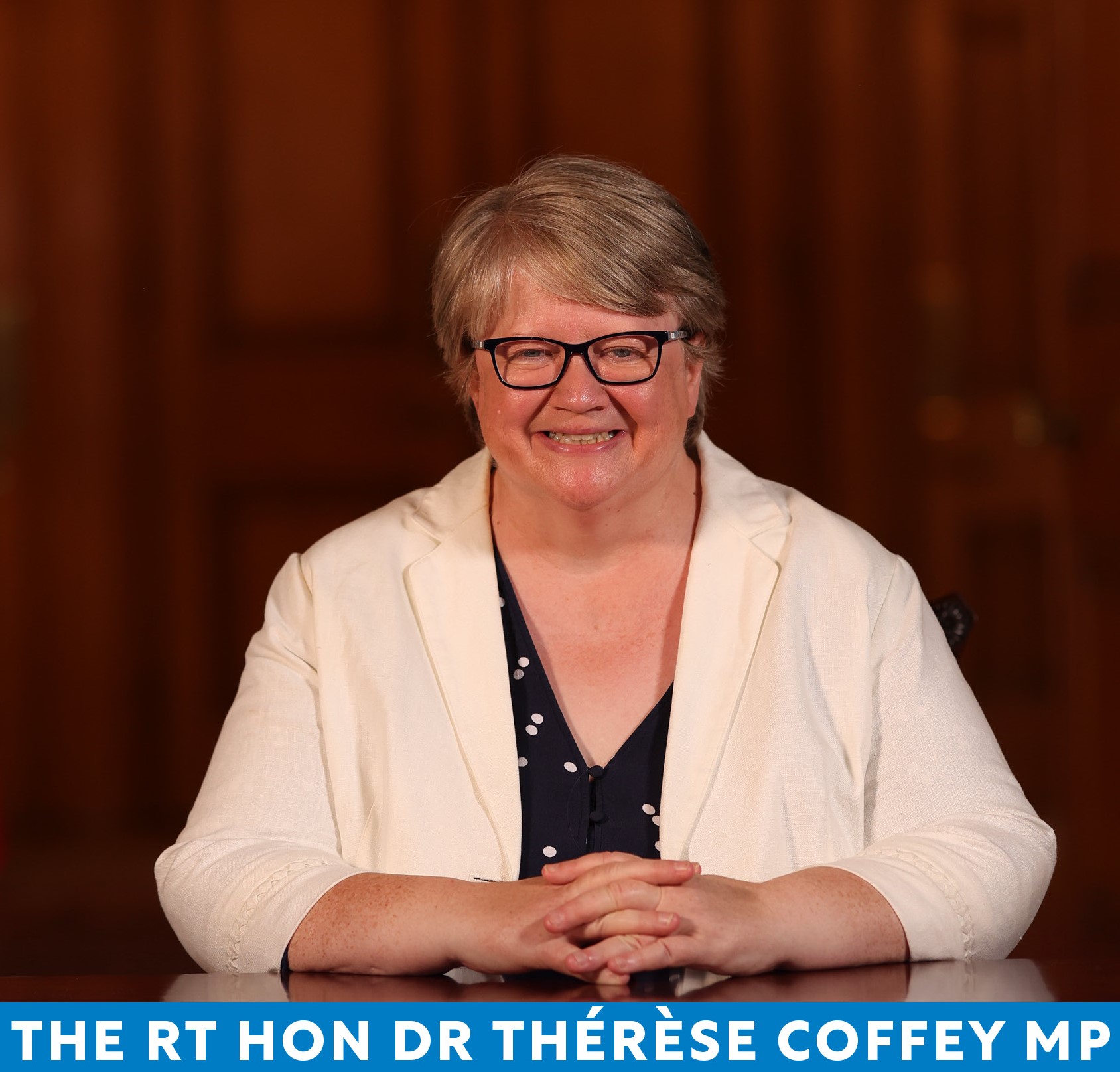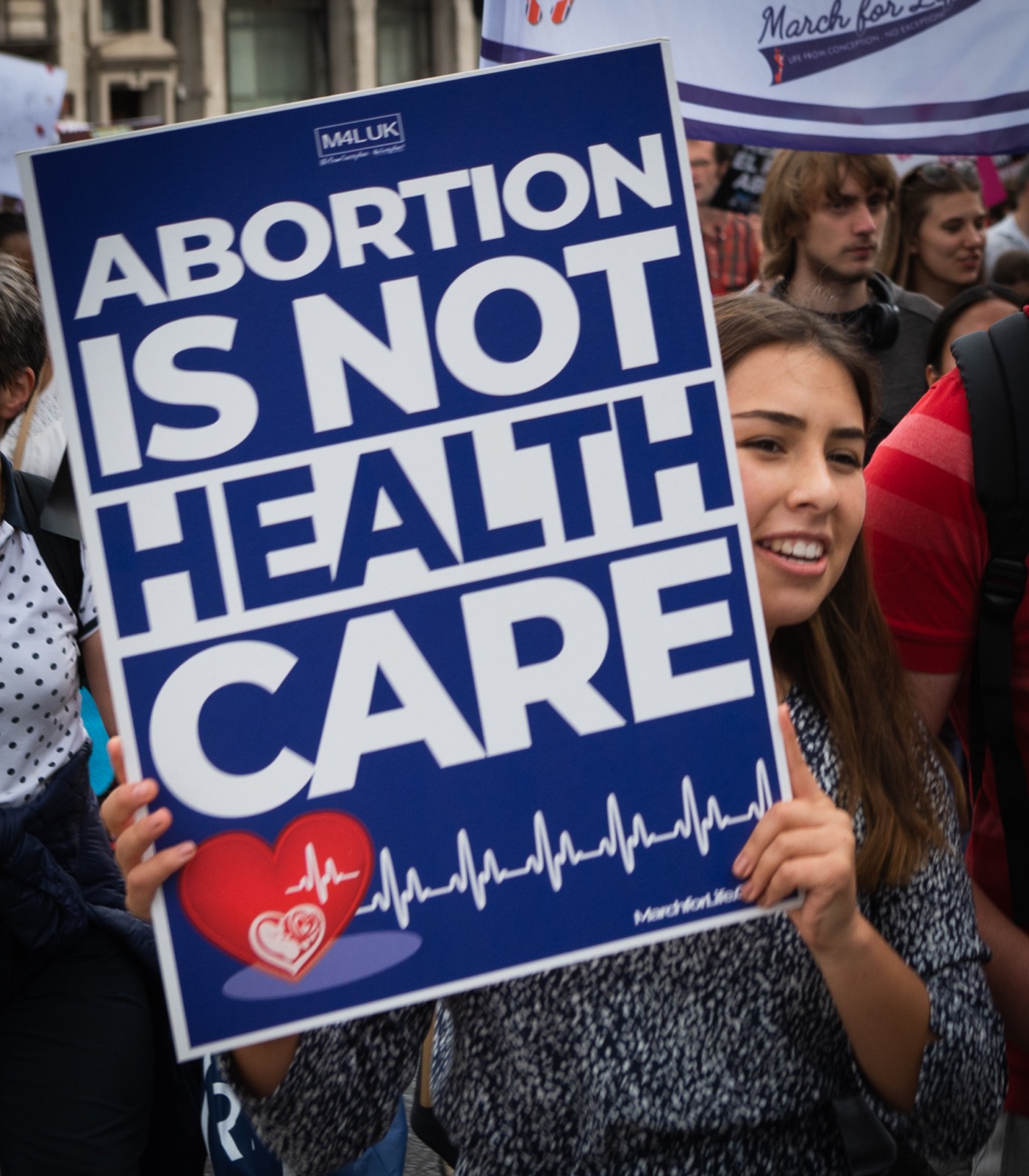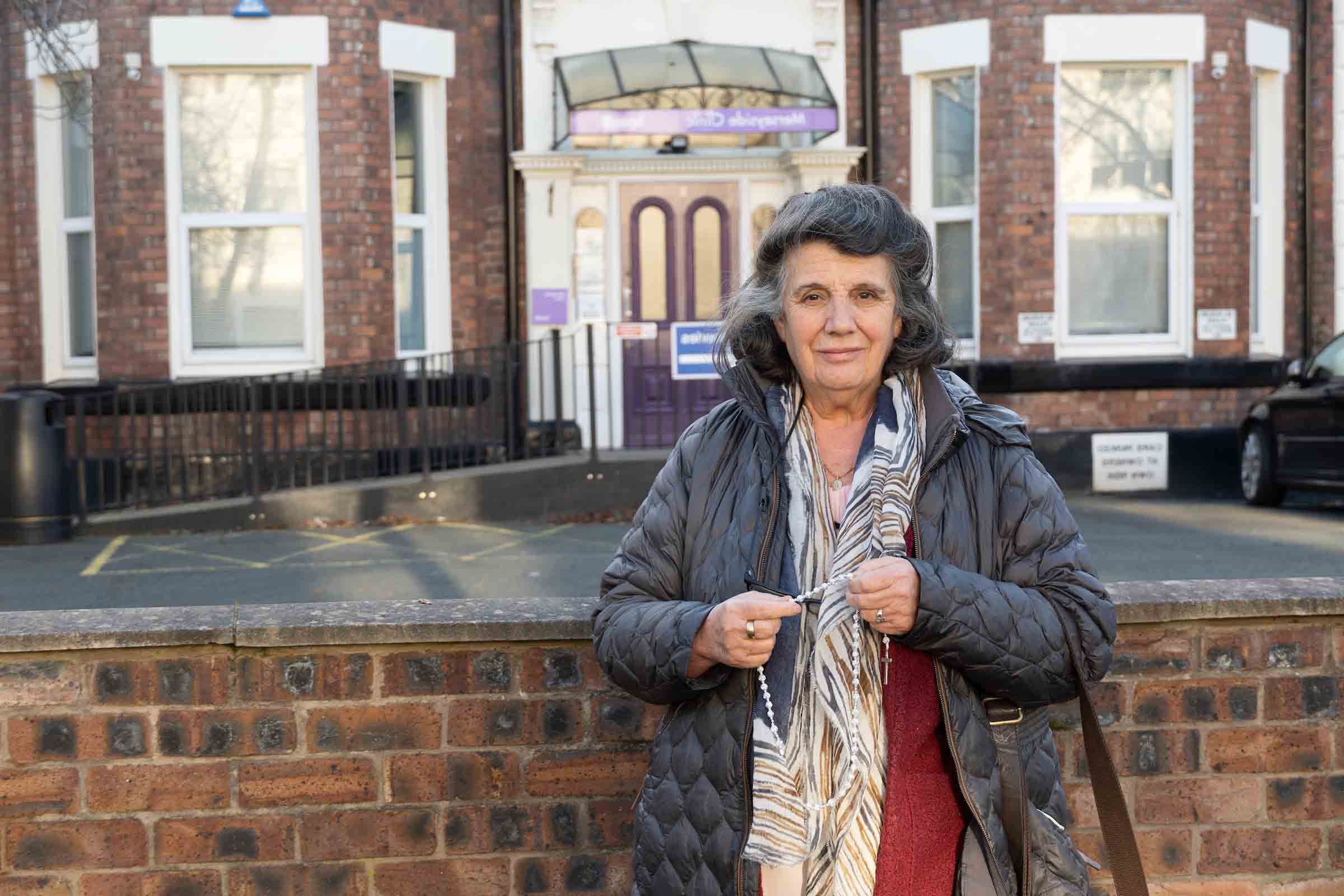There have been criminal attacks on 63 pro-life organisations, in 26 US states and the District of Columbia, since the leak of the draft of the Supreme Court’s judgement on overturning Roe v Wade.
That’s according to a new report from the Religious Freedom Institute.
There have also been 32 Catholic churches attacked since the Dobbs leak, and in 17 of those attacks it was clearly about abortion.
The attacks, however, predated that event: “Since late May 2020, attacks have occurred against at least 174 Catholic targets in 38 states and the District of Columbia, including arson, desecration and defacement, property destruction, theft, and other state and federal crimes.”
Senior fellow at the National Review Institute, Kathryn Jean Lopez, says the attacks are against religious liberty and pluralism. She adds: “This ought to be taken more seriously by government, law enforcement, and the media”.




















